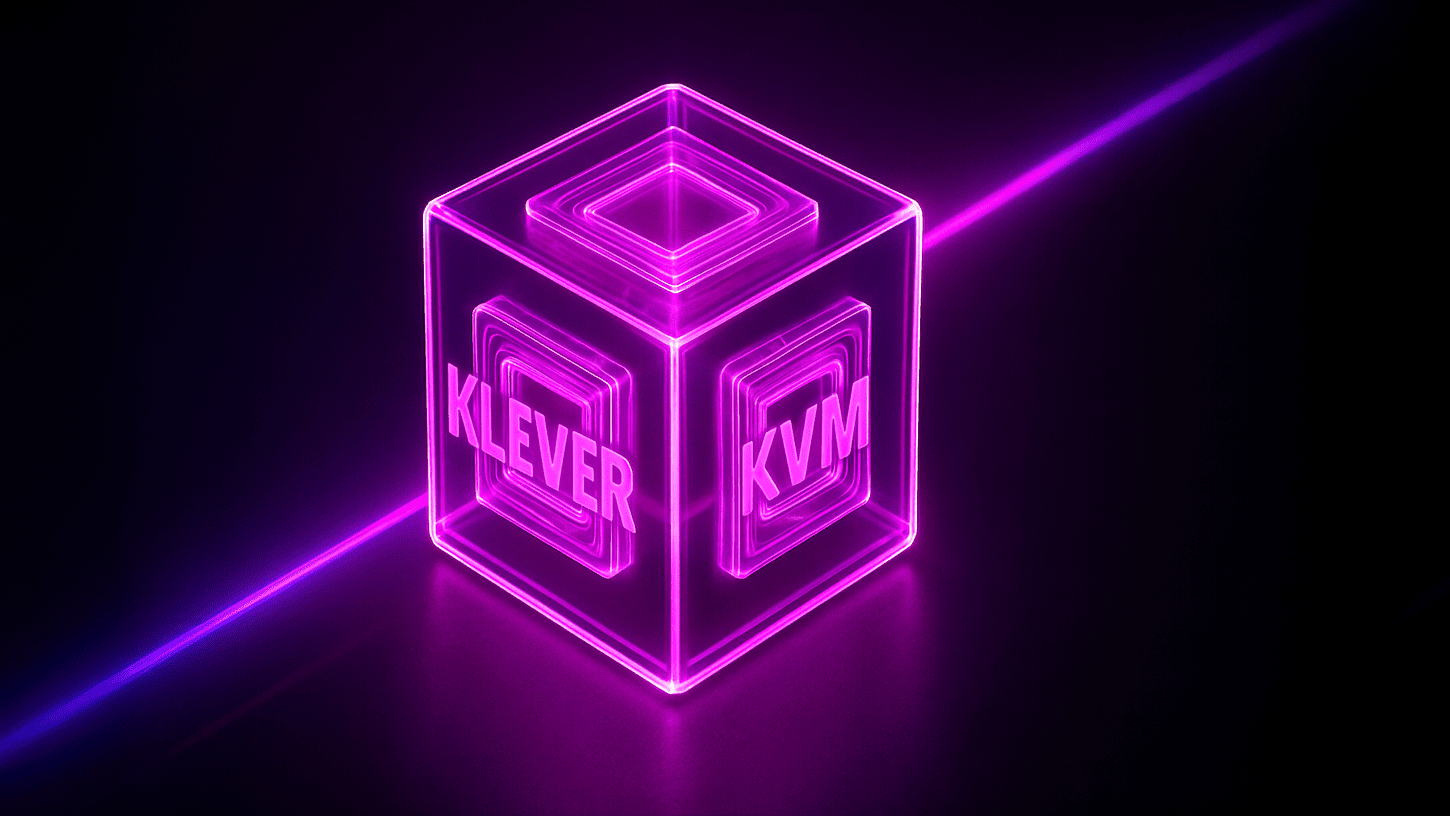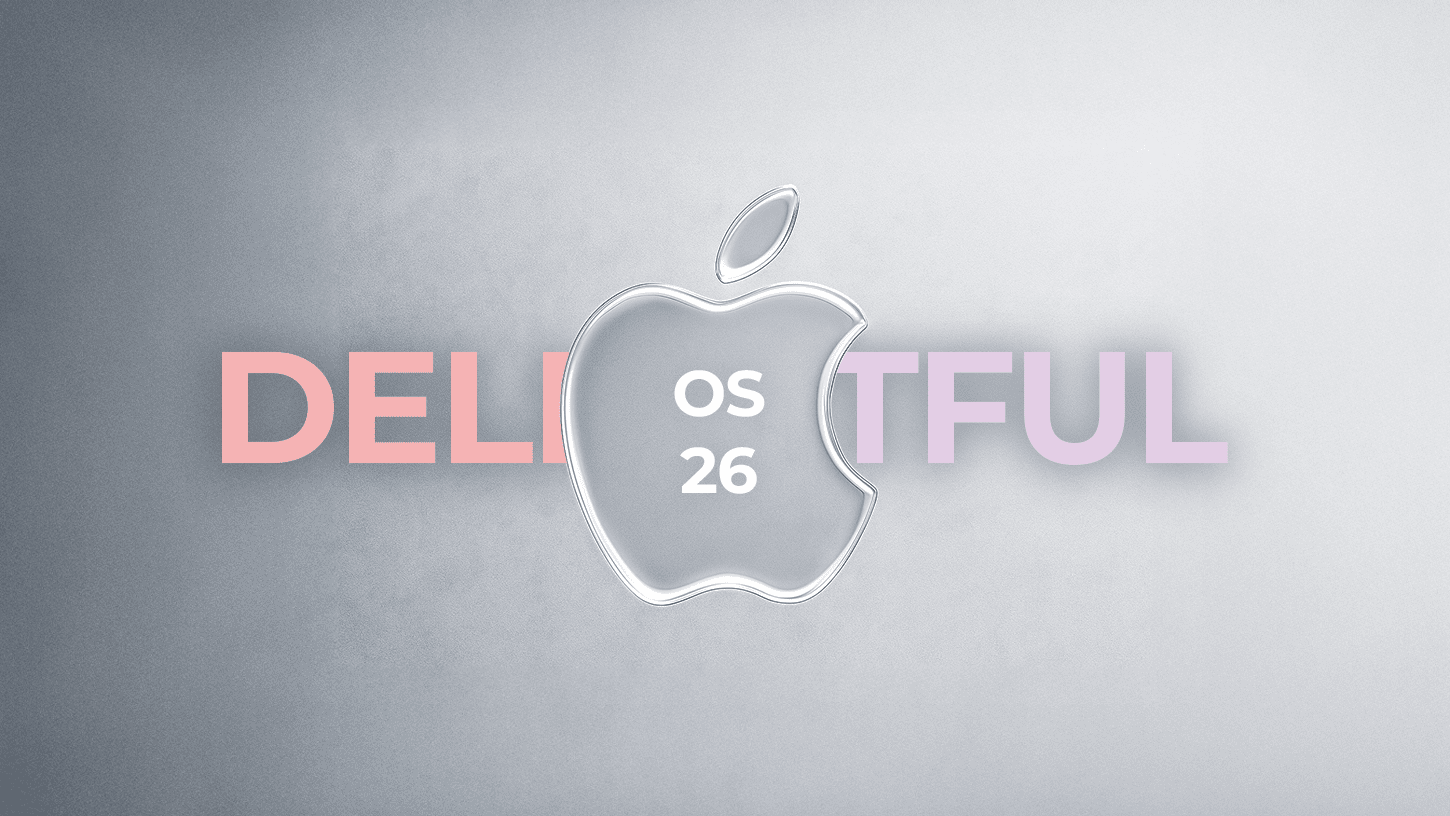Apple to Use Google’s Gemini AI in Major Siri Upgrade

Apple is taking a new strategic direction in artificial intelligence. The company is reportedly turning to Google’s Gemini AI model to power an upcoming Siri upgrade, marking one of Apple’s most significant collaborations with a direct competitor in recent years.
This step signals a shift in Apple’s approach to AI development, blending external innovation with its own in-house technology to strengthen Siri and advance its Apple Intelligence initiative.
A New Chapter for Siri
For over a decade, Siri has remained one of Apple’s most recognizable features, yet it has often lagged behind competitors like Google Assistant and Amazon Alexa in understanding context, performing multi-step actions, and connecting seamlessly with third-party apps.
That could soon change. The new version of Siri will integrate a customized version of Google’s Gemini model, enabling it to handle tasks such as generating summaries, organizing plans, and providing more natural, contextually aware responses.
The integration is part of Apple Intelligence, a broader system designed to introduce smarter and more personalized AI tools across Apple’s devices, including the iPhone, iPad, and Mac.
Inside the $1 Billion Collaboration
According to multiple reports, Apple will pay Google around $1 billion per year for access to Gemini. The AI model will operate on Apple’s Private Cloud Compute servers, ensuring that user data remains protected and consistent with Apple’s long-standing focus on privacy.
The version of Gemini used by Apple reportedly has 1.2 trillion parameters, a major leap compared to the 150 billion-parameter model that currently supports the cloud-based elements of Apple Intelligence. This increase in scale enables the system to understand more complex language, respond with greater accuracy, and process broader contexts.
Apple will continue to use its own in-house AI models for certain on-device functions, while the Gemini-powered system will manage high-performance, cloud-based operations.
Closing the AI Gap
Apple’s decision reflects a practical approach to catching up in a rapidly evolving AI landscape. The company has faced delays in deploying advanced AI features for Siri, falling behind competitors that have already implemented more capable AI systems.
Google, for instance, updated its Assistant with Gemini earlier this year, while Amazon introduced a generative AI update to Alexa to improve its conversational and reasoning abilities.
By leveraging Gemini, Apple gains the ability to deliver more powerful Siri features while continuing to refine its own large language models behind the scenes. Apple CEO Tim Cook confirmed that the enhanced version of Siri is expected to launch next spring, promising users a more capable and responsive assistant experience.
A Transitional Strategy
Insiders suggest that Apple views the use of Google’s Gemini as a temporary measure — a way to accelerate progress while the company develops its own large-scale AI infrastructure.
The agreement focuses solely on powering core AI functions within Apple Intelligence. It does not include integration of Gemini’s standalone chatbot, nor does it bring Google’s AI-driven search features into Apple’s ecosystem.
Cook has also indicated that Apple remains open to future third-party AI integrations, suggesting that Apple Intelligence could eventually support multiple model providers depending on user needs and performance outcomes.
Maintaining Apple’s Privacy Standards
Despite outsourcing part of its AI stack, Apple has maintained a firm position on user privacy. All data processed by Gemini will go through Apple’s Private Cloud Compute, a system designed to ensure encryption, transparency, and minimal data retention.
This design reinforces Apple’s reputation for privacy protection, assuring users that even as it collaborates with Google, personal information remains secure and inaccessible to external parties.
A Broader Industry Shift
The partnership between Apple and Google highlights a growing trend of collaborative innovation in the AI sector. As development costs and computational requirements rise, even the world’s largest tech companies are finding value in working together rather than competing on every front.
For Google, the deal strengthens its influence in the AI marketplace. For Apple, this provides a faster path to delivering next-generation intelligence to users without compromising its long-term ambitions for independence.
This reflects a broader industry understanding: AI progress increasingly depends on shared resources and cross-company collaboration, rather than isolated development.
What Comes Next
Apple’s adoption of Gemini AI marks an important step toward revitalizing Siri and repositioning Apple Intelligence within the AI race.
When the updated Siri launches next year, users can expect improved contextual understanding, smoother task execution, and more natural dialogue, signaling a more adaptive and intuitive experience across Apple devices.
While Apple continues to develop its own foundational AI models, this collaboration demonstrates a pragmatic approach, one that balances innovation with readiness, and competition with cooperation.
The future of Siri, it seems, will be shaped by both Apple’s vision and Google’s engineering, a combination that could redefine how users interact with intelligent systems in the years ahead.






